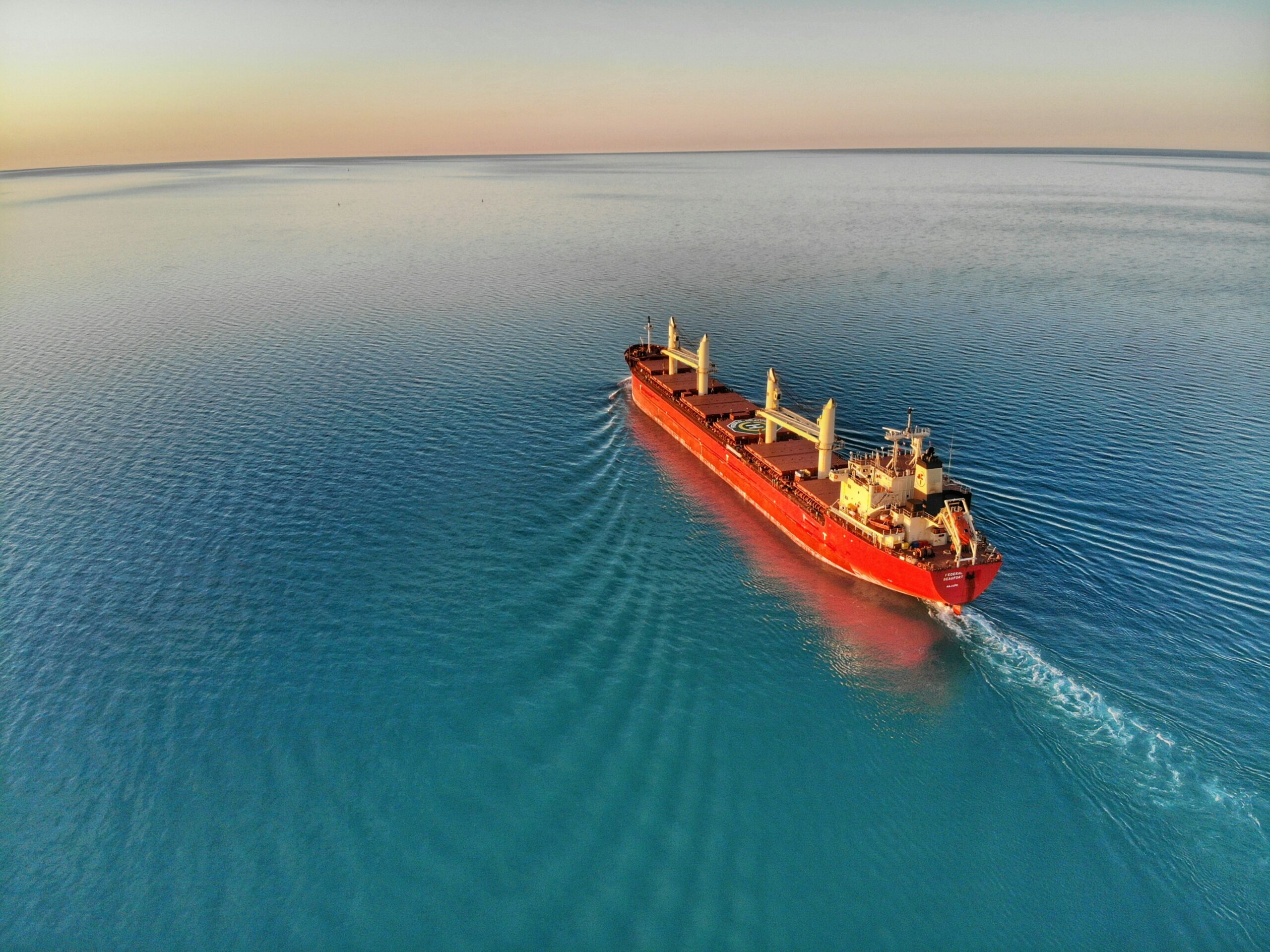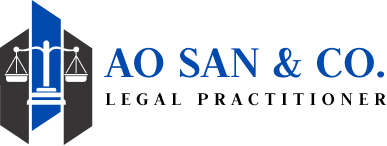
Autonomous Shipping and Maritime Law: Regulatory Challenges and Opportunities
Executive Summary
The maritime industry stands on the brink of a technological revolution with the advent of autonomous shipping—vessels capable of operating with reduced or no human intervention. This transformative technology presents unprecedented challenges and opportunities for maritime law, requiring a comprehensive reassessment of existing legal frameworks across multiple jurisdictions.
I. Technological Landscape of Autonomous Shipping
Degrees of Autonomy
The International Maritime Organization (IMO) has established a four-tier classification of autonomous vessels:
- Ships with automated processes and decision support
- Remotely controlled ships with seafarers on board
- Remotely controlled ships without seafarers on board
- Fully autonomous ships
Key Enabling Technologies
- Advanced sensor arrays (radar, lidar, infrared cameras)
- Artificial intelligence and machine learning algorithms
- Robust communication systems
- Comprehensive cybersecurity protocols
- Redundant safety systems
II. Critical Regulatory Challenges
A. Navigation and Collision Avoidance
Existing maritime regulations, particularly the International Regulations for Preventing Collisions at Sea (COLREGs), were designed with human operators in mind. Key challenges include:
- Interpreting rules that rely on “human judgment”
- Adapting navigational protocols for AI-driven decision-making
- Ensuring safety standards equivalent to or exceeding human-operated vessels
B. Crew Requirements and Certification
Traditional maritime laws mandate specific crew qualifications and manning requirements. Autonomous shipping disrupts these frameworks by:
- Challenging existing certification standards
- Requiring new definitions of “crew” and “safe manning”
- Necessitating novel approaches to training and operational competence
C. Liability and Insurance
The shift to autonomous vessels creates complex legal questions:
- Determining fault in accidents involving AI systems
- Adapting liability frameworks beyond human error paradigms
- Developing new insurance models that account for technological risks
D. Cybersecurity and Data Protection
Autonomous vessels introduce significant digital vulnerabilities:
- Increased risk of cyber attacks
- Need for robust digital security protocols
- Protecting critical navigation and communication systems
III. Opportunities for Maritime Law Reform
A. Enhanced Safety Potential
- Studies suggest 75-96% of maritime accidents result from human error
- Autonomous technologies can potentially:
- Eliminate fatigue-related mistakes
- Provide consistent decision-making
- Implement more precise navigation protocols
B. Environmental Benefits
Autonomous shipping offers significant environmental advantages:
- Optimized routing
- Improved fuel efficiency
- Reduced emissions
- Alignment with international environmental protection standards
C. International Legal Harmonization
The development of autonomous shipping regulations presents an opportunity for:
- Collaborative international legal frameworks
- Unified standards across maritime jurisdictions
- Enhanced global maritime commerce efficiency
IV. Jurisdictional Perspectives
The study analyzed regulatory approaches in five key maritime jurisdictions:
- Nigeria: Emphasizing safety requirements and adapting existing maritime laws
- England: Focusing on evolutionary legal interpretations
- United States: Prioritizing technological innovation within safety frameworks
- Malaysia: Balancing traditional maritime principles with technological advancement
- Singapore: Proactively developing supportive regulatory environments
Conclusion: Navigating the Future of Maritime Law
The emergence of autonomous shipping represents a pivotal moment in maritime legal history. Successful integration requires:
- Thoughtful regulatory adaptation
- Preservation of fundamental maritime principles
- Collaborative international approach
- Balancing innovation with safety and legal certainty
Regulatory frameworks must evolve to accommodate autonomous vessel operations while maintaining core objectives of safety, environmental protection, and commercial efficiency.
Key Recommendations
- Develop flexible, technology-neutral legal frameworks
- Create international standards for autonomous vessel operations
- Establish clear liability and insurance protocols
- Implement robust cybersecurity requirements
- Develop new certification and training standards
- Encourage continued technological research and development
As autonomous vessels transition from experimental prototypes to commercial realities, maritime law must proactively adapt, ensuring that centuries-old maritime jurisprudence remains relevant in the age of technological autonomy.





